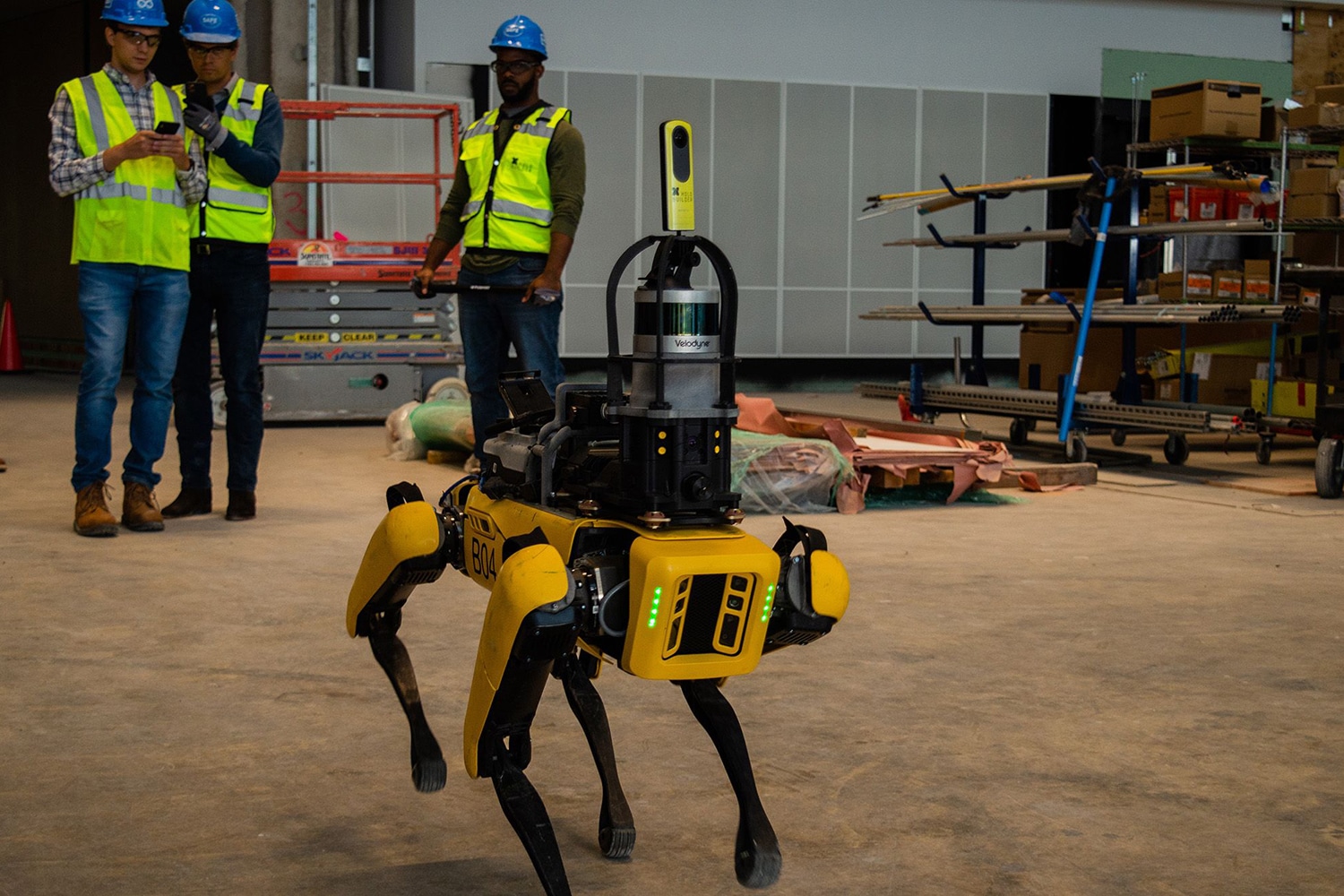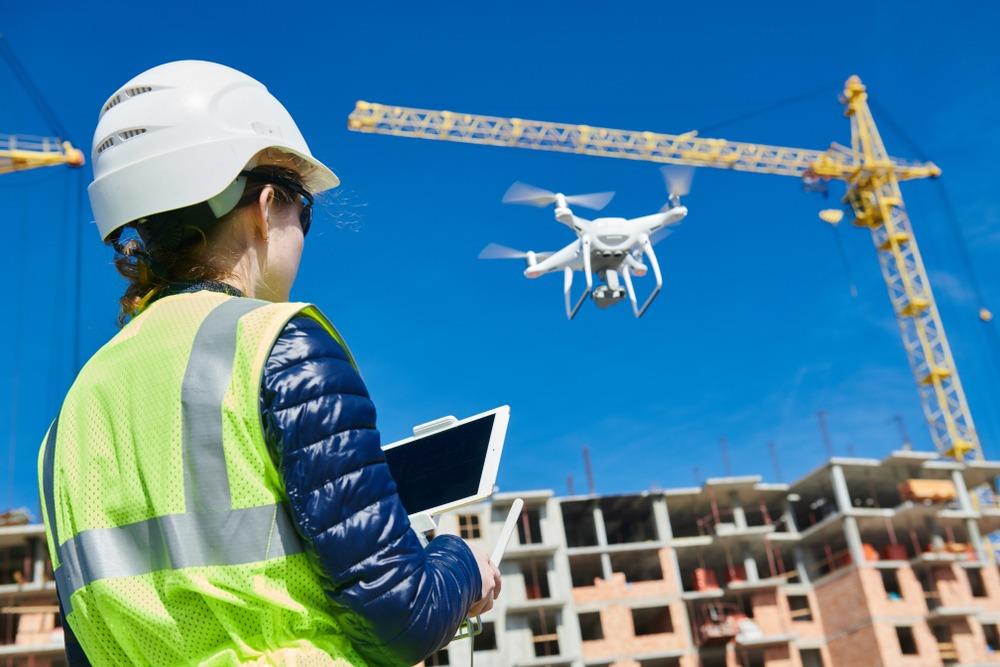With the construction industry being a high-risk, high-reward investment for any company, contractors need to adopt new and emerging technology that can help reduce costs and streamline operations.
Constantly Improving Infrastructure
Construction is the process of bringing new physical assets online, which means the technology and processes used in the industry are constantly evolving and being improved upon. Major infrastructure projects are typically big investments with significant impact on the local and global communities, which puts pressure on contractors to develop better and more efficient ways of working.
With technology constantly evolving, the construction industry is experiencing a shift towards more efficient methods that can improve safety and productivity. These include technologies such as virtual construction reviews, autonomous software, and machine learning.
Robots May Be Taking Over the Job Site
Construction companies use robots for a variety of tasks, such as drilling and building. Robotic equipment is primarily used on a job site to automate and increase efficiency since human workers are costly, relatively slow, and susceptible to injury.
Robots are a great option for tasks that don’t require human dexterity and high levels of accuracy, including drilling and other repetitive work. Robo-tasks can also be automated with machine learning and autonomous software to increase productivity.

But what are the benefits of robotization on a construction site? The short answer is that robots can save construction companies money and cut down on injuries. Robots can operate in dangerous environments, such as near power lines or in areas where humans can’t work. This allows companies to close these areas, which is beneficial to workers because they don’t have to work in those areas with the risk of injury.
5.4 Billion People Will be Online by 2020
Already more than half of the world’s population has access to the internet, but the pace of growth is staggering. The World Bank predicts that 5.4 billion people will be online by the year 2020 – that’s a staggering increase of 2 billion people in just 7 years.
Furthermore, the vast majority of those people will be accessing the internet from mobile phones. Consumers are also becoming increasingly demanding. This increase in demand is driving an increase in the number of internet-connected devices, including construction equipment.
This means there is a need for connectivity that goes beyond just reading and writing data. Companies need to be able to access data, make decisions, and execute plans. This will require advanced analytics and the ability to connect with other devices, including IoT devices.
Construction Works – And That’s Just the Beginning
The construction industry has long been an indicator of societal change. As more people can afford homes, more complex structures are built, and the concept of public safety is reinforced. This shift toward more complex projects and high-profile infrastructure projects is also increasing the demand for technology and blockchain implementation.
The construction industry is already leading the way, with blockchain implementation in the form of smart contracts. And while blockchain will likely be most commonly implemented in the real estate sector, it could also be used to track the movement of equipment and materials through a project.
As the construction industry sees a continued shift toward higher-complexity projects, the adoption of advanced technologies will be essential to ensuring that productivity, safety, and costs are maintained.
Smarter Data-Driven Decision Making

With the construction industry facing a rise in demand and increasing complexity, the need for advanced technologies that can help make decisions has never been greater. With the increased reliance on data, companies will have a greater need for advanced decision-making tools.
These include machine learning and
which can be used to create real-time models – using historical data to create a forecast for future outcomes. These models help optimize resource allocation and provide information that is actionable and impactful.
Self-Driving Trucks and Construction Robots on the Way?
Construction equipment such as trucks and diggers have lagged far behind newer technologies when it comes to self-driving. However, autonomous driving is becoming more and more realistic as technology advances. Volvo is testing autonomous trucks in Gothenburg, Sweden, and Uber has deployed self-driving cars in multiple cities.
As autonomous vehicles become more common, they will open up new opportunities for the construction industry. For example, autonomous construction vehicles can help reduce the risk of workers on the job site. Since these vehicles are controlled remotely, there is no chance of a collision or other danger.
Bottom line
The construction industry is undergoing several changes, fueled by advancements in technology. This is allowing construction companies to adopt more efficient and safer ways of working, while also making use of new and advanced technologies. These include autonomous construction equipment and self-driving trucks and construction robots.



